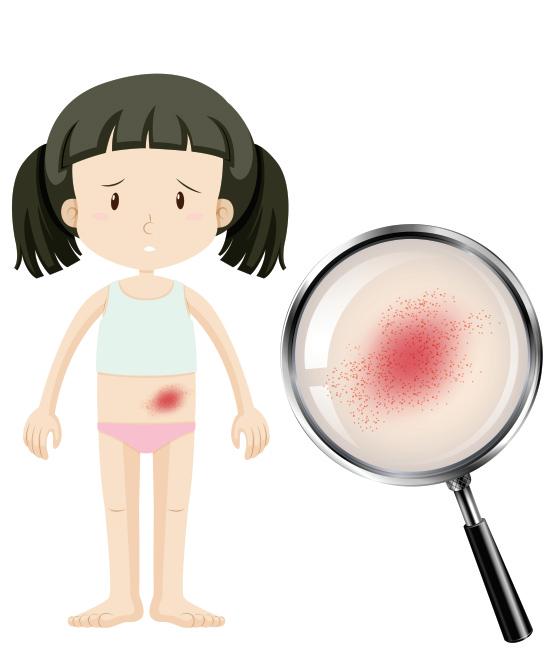




BELLVILLE
Dr N Mtimkulu
Dr MS Jacobs
Dr M Magopa
021 950 8930 021 945 2970
Dr T Isaacs 021 945 3483 021 110 5070
Dr Z Dunn 021 110 5059
TOKAI
Dr A Hendricks 021 712 2691
Dr T Motsema 021 110 5940
Dr M Tisane 021 023 2046
GATESVILLE
Dr N Allie 021 637 4323
Dr R Kader 021 638 2647
Dr S Camroodien 021 110 5930
MITCHELLS PLAIN
Dr G Khobane
Dr T Masina
Dr O Orji
021 110 5064
Dr N Maseko 021 110 5157
RICHARDS BAY
Dr J Moodley
Dr MN Nkanyane
021 391 4132/3 021 110 5945 035 772 1581 035 791 5506
Dr S Bodasing 035 791 5438
Dr K Mulomb 035 791 5446
GATESVILLE & MITCHELLS PLAIN
Dr MA Jeeva & Dr H Khamissa
GATESVILLE: 021 637 1343/4
MITCHELLS PLAIN: 021 392 8141/0516
For more information contact us at info@melomed.co.za
Newborn procedures
The big event - labour & birth
The fourth trimester - Your postpartum journey
Your right to respectful maternity care
The surprising skin changes of pregnancy - What every mother-to-be should know

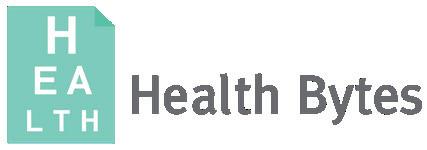
PUBLISHER: Health Bytes CC | CONTACT: christa@health-bytes.co.za | GRAPHIC DESIGNER: Marius Laubser |
Congratulations! Your new baby has arrived. Your birth team will care for you and your baby. Soon after your baby is born, your medical team will check both of you.
Your baby will be:
Weighed and measured
Given a check of his overall health, including breathing, heart rate, skin colour, muscle, tone and reflexes at 1 and 5 minutes of age (this is called the Apgar score).
Given antibiotic eye ointment to help prevent potential eye infections.
Given an injection of vitamin K (within 6 hours of birth) as newborns have low levels of vitamin K. This help prevent bleeding disorders in newborns to ensure your baby’s blood can clot properly.
|
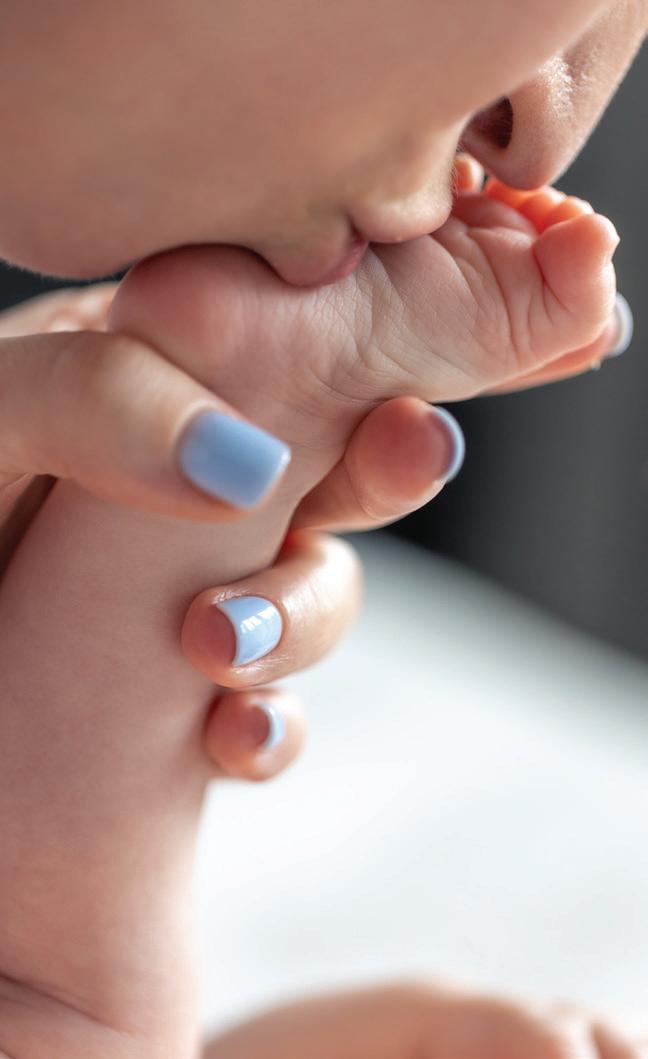
This is it! Your body and your baby have been preparing for this moment for quite some time. As your due date approaches, your body orchestrates a beautiful symphony of changes, all designed to help you bring your little one into the world. Understanding what to expect and trusting yourself can boost your confidence.
Your body has been preparing for this moment since conception. Your body knows what to do. In these final weeks, you'll notice fascinating changes as your body gets ready for the big day. Hormones soften ligaments to help your baby get through the pelvis and provide you with the energy needed for labour and birth. Your body also produces more endorphins, which are natural pain-relieving chemicals. By the time you're ready to give birth, your endorphin levels are 10-30 times higher than usual. Your baby gradually moves lower into your pelvis, and your cervix begins its careful preparation process. These changes aren't random – they're your body's carefully designed plan for birth.
Your body may let you know it’s preparing for labour a few days, or even weeks, before labour begins. This is called pre-labour. Some signs you may not notice. Others will be more obvious.
• A sensation of lightening as your baby drops into the pelvis
• More pressure in your pelvic area (bladder)
• Increased ‘warm-up’ (Braxton Hicks) contractions
• Changes in your energy levels and sleep patterns
Your body sends clear signals when labour is approaching. Some women experience all of these signs, while others may notice just a few. Every journey is unique, but here are the most common indicators that your baby is getting ready to meet you:
Early signs that labour is near:
• Release of mucus plug - this protective barrier may come away as your cervix begins to soften
• Nesting urge - a sudden burst of energy and desire to prepare your home
• Backache - you might feel intermittent lower back pressure
• Loose bowel movements - your body's natural way of preparing for labour
Active labour signals:
Your contractions will develop a clear pattern, becoming:
• Stronger
• Longer
• More regular
• More difficult to talk through

Most healthcare providers say you need to go to your birth centre when contractions are becoming stronger, and you’re no longer comfortable at home. Here's what typically indicates it's time.
The classic 4-1-1 rule: Contractions that are:
• 4 minutes apart
• Lasting for 1 minute
• Continuing for at least 1 hour
Your body has an innate wisdom that will guide you through labour. During contractions, you might naturally want to:
• Make low, deep sounds
• Rock or sway
• Find certain positions that feel right
• Rest between contractions
These are all normal and helpful responses - trust them.
Birth is not just a physical journey; it's an emotional one too. Keep these thoughts close:
• Each contraction brings you closer to meeting your baby
• Your body knows what it's doing
• Your support team is there to help you
• You are stronger than you know
However, trust your instincts. Contact your healthcare team immediately if:
• Your water breaks
• You notice bright red bleeding
• Your baby's movements decrease significantly
• You have serious concerns about your well-being
Focus on one contraction at a time. Don't worry about what's coming next - stay present in the moment. Remember to breathe, trust your body, and lean on your support system when needed. This is your unique birth story unfolding. Whether it follows your birth preferences exactly or takes unexpected turns, you are capable and prepared. Your body has been getting ready for this moment, and soon you'll be holding your precious baby in your arms.
Trust yourself, trust your body, and remember that thousands of women around the world are sharing this journey with you right now. You've got this!
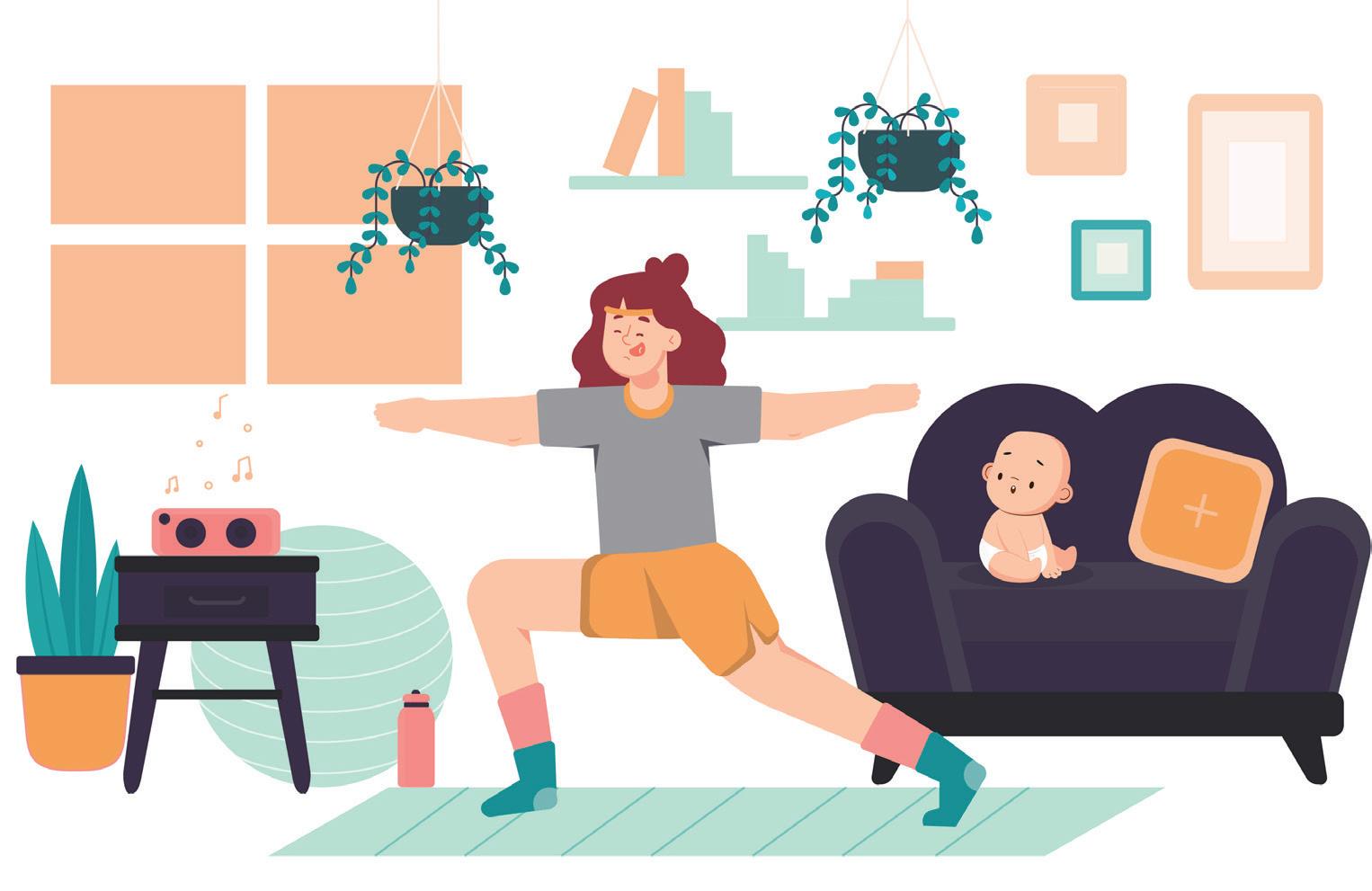
Postpartum recovery is a personal journey that takes months, not weeks, but the typical postpartum period is the first 6-8 weeks, also known as the fourth trimester. This is a sacred time. Honour it. Kiss and cuddle your baby as much as you want, and let your body recover slowly.
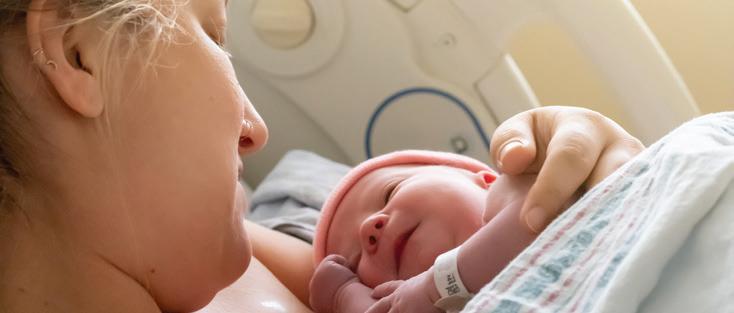
Week 1: The adjustment
• Your body begins its healing journey
• Sore stitches or incision
• Expect bleeding and major cramping as your uterus shrinks
• Swelling starts to go down
• Normal to still look pregnant - be patient!
• Prioritise rest, hydration, and help

Week 2: Early recovery
• Major discomfort and pain start to ease
• Postpartum bleeding continues but lightens
• Hormone changes bring mood swings
• Keep taking it easy, healing takes time

Weeks 3-4: Finding your rhythm
• Energy slowly returns
• Mood swings common (hello, hormones!)
• Gentle walks = YES
Intense workouts = NO
• Bleeding should become very light
• Breast changes continue (engorgement common)

Weeks 7-8: Body changes
• Normal symptoms: hair shedding, night sweats, emotional shifts
• Pelvic floor gradually strengthens + core still healing
• Begin gentle strength building exercise
• Listen to your body's pace
How to support your recovery
Rest and nutrition: Get plenty of rest, eat nutritious foods, and prioritise self-care.
Listen to your body:
Don't get frustrated if you don't recover on a fixed timeline; give yourself grace and time to heal.
Build your support system:
Understand your support options and build your village of support.

Weeks 5-6: Turning point
• Starting to feel more like yourself
• First postpartum check-up
• May resume exercise & intimacy
• Each recovery journey is unique


Weeks 9-10 & beyond
• Physical strength improves
• Full recovery of connective tissue and overall body function can take a year
• Honour your healing process
Gradual activity: When you feel ready, slowly increase your activity level, and don't neglect strength training, balance, and abdominal work.
Seek help: If you have specific concerns or experience symptoms like significant pain, heavy bleeding with clots, chest pain, or trouble breathing, seek immediate medical attention.

EVERY MOTHER DESERVES DIGNITY AND RESPECT DURING HER PREGNANCY JOURNEY
by Dr. Kavul Mulomb
Imagine walking into a healthcare facility feeling confident, heard, and supported throughout your pregnancy and birth journey. This is what respectful maternity care looks like. It's more than just medical care – it's about treating you with dignity and ensuring you feel safe and valued. When healthcare providers combine their medical expertise with compassionate, culturally sensitive care, they create an environment where mothers can thrive.
Many women avoid healthcare facilities during pregnancy and childbirth because they fear being treated poorly. Research shows that when women feel respected and included in their care decisions, they're more likely to seek professional medical help when needed. This leads to better outcomes for both mothers and babies. Remember, respectful care isn't just nice to have – it's your basic human right.
Quality maternity care means receiving treatment that makes you feel safe and supported. During your pregnancy journey, you should experience:
• Being treated with dignity and respect at all times
• Having your privacy protected during examinations and procedures
• Being included in decisions about your care and your baby's wellbeing
• Receiving clear information about your options and what to expect
• Having your cultural beliefs and personal preferences respected
• Being supported by family members when you choose
• Receiving care in a clean, welcoming environment that meets your needs
Disrespectful care can take many forms, and it's important to recognize when something isn't right. Sometimes, the signs are obvious, while other times they may be more subtle:
Obvious signs:
• Being treated rudely or dismissively
• Denied support during labour and delivery
• Being scolded or shouted at
• Having procedures done without your consent
Subtle signs:
• Not being informed about procedures or medications
• Being left alone during labour when you need support
• Having your questions dismissed or ignored
• Lack of privacy during examinations
Healthcare providers may sometimes be unintentionally disrespectful due to heavy workloads or resource constraints, but this doesn't make it acceptable. Every mother
Understanding your rights is the first step to ensuring you receive quality care. You have the right to:
• Ask questions about any aspect of your care
• Have all procedures clearly explained before they happen
• Make informed choices about your treatment options
• Be treated with respect by all healthcare staff
• Have your privacy protected during all examinations
• Receive support from family members during your journey
• Voice your concerns without fear of negative consequences


Healthcare providers want to give you the best care possible. When mothers feel respected and supported, they're more likely to:
Attend regular check-ups
Share concerns with their healthcare team
Have more positive birth experiences
Feel confident in their journey to motherhood
Quality maternity care creates a foundation for healthy families. When healthcare facilities prioritise respectful care, they're not just following guidelines – they're creating environments where mothers feel empowered and supported. This leads to better health outcomes for both mothers and babies, and helps build stronger communities.
Your pregnancy and birth experience should be one where you feel heard, respected, and supported. If something doesn't feel right, speak up. Your healthcare team is there to support you, and your wellbeing matters. Quality maternity care isn't just about medical procedures – it's about creating an environment where you feel safe, respected, and empowered during one of life's most important moments.

DR. KAVUL MULOMB
MBChB, FCOG (SA), MMed (O&G), AHMP (YALE)
Dr. Kavul Mulomb is an Obstetrician/Gynaecologist and currently practices at Melomed Richards Bay.
Tel: 035 791 5446
Email: drmulomb108@gmail.com

by Dr. Suvarnah Bodasingh
Pregnancy is a remarkable journey filled with excitement and anticipation. Yet, alongside the joy, expectant mothers often experience surprising changes to their skin, hair, and nails. These changes, driven by hormonal and immune system shifts, can range from the celebrated ‘pregnancy glow’ to unexpected conditions that may cause concern. Understanding these transformations helps mothers-to-be embrace their changing bodies with confidence and seek timely care when needed.
COMMON SKIN CHANGES: MORE THAN JUST A GLOW
Pregnancy hormones – especially oestrogen, progesterone, and melanocyte-stimulating hormone – trigger many skin changes affecting up to 90% of women. These include:

SKIN TAGS: Small, benign growths often appear in areas of friction such as the neck or underarms. They are harmless and usually disappear after delivery but can be removed safely by healthcare professionals if bothersome.

Pregnancy hormones may thicken hair or cause hair to grow in new places. Nails often grow faster but can become brittle. These changes are temporary and generally normalise within six months postpartum.
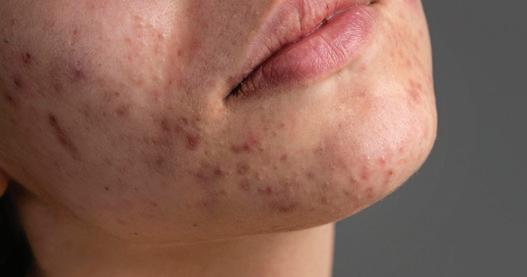
ACNE: Hormonal fluctuations can cause new or worsened acne, even in women without a prior history. Safe management includes gentle cleansing, oil-free cosmetics, and avoiding harsh or prescription medications like isotretinoin, which are unsafe during pregnancy. >>

HYPERPIGMENTATION:
Darkening of the skin is the most common change. This includes melasma or the ‘mask of pregnancy’, brown patches often on the cheeks and forehead, and the linea nigra, a dark vertical line from the pubic area to the navel. Darkening also occurs around nipples and inner thighs. These changes result from increased melanin production and usually fade after childbirth, though some areas may remain darker for years.
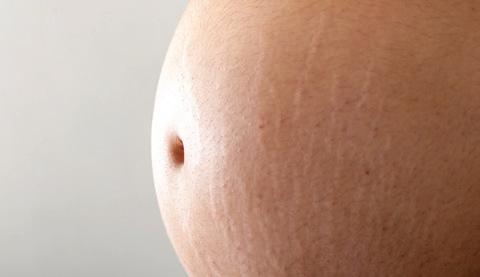
As the abdomen and breasts expand, the skin stretches rapidly, causing reddish or purple streaks that fade to silvery lines postpartum. While many creams claim to prevent them, no treatment has proven fully effective. But well-moisturised skin has been thought to reduce the occurrence of stretch marks.
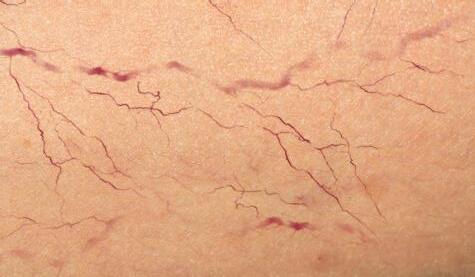
Increased blood volume and pressure cause spider veins and varicose veins, especially on the legs. These usually improve after childbirth but can cause discomfort during pregnancy. Regular movement, leg elevation, support stockings, and a high-fibre diet help relieve symptoms.
While most skin changes are benign, some pregnancy-specific dermatoses require prompt medical attention:
Polymorphic eruption of pregnancy (pupp):
Occurs in the third trimester with itchy red bumps, often along stretch marks. Treatment includes topical steroids, antihistamines, and cold compresses.
Atopic eruptions:
Eczema-like rashes affecting the face, neck, and folds of elbows or knees. Early consultation helps manage symptoms effectively.
Pemphigoid gestationis:
A rare autoimmune blistering disorder starting around the belly button and spreading. It may cause blisters and hives and is linked to risks like premature birth. Specialist care is essential.
Intrahepatic cholestasis of pregnancy (icp):
Characterised by intense itching on hands and feet without a rash, this liver condition increases risks of preterm birth or stillbirth. Diagnosis requires blood tests and
Most pregnancy-related skin changes are temporary and improve after delivery. To care for your skin: Use gentle, fragrance-free cleansers and moisturisers. Protect your skin from sun exposure with broad-spectrum sunscreen and hats to prevent worsening pigmentation. Wear loose, breathable clothing to minimise irritation from skin tags or stretch marks. Maintain a balanced diet rich in fibre and stay active to support vascular health. Consult your healthcare provider before starting any new skin treatments, especially medications.
Lastly, that nose: A lot of women dread the ever so common pregnancy nose, enlargement of the nose is attributed to, once again, the hormonal changes of pregnancy. This causes blood vessels to dilate and swelling of the nasal tissue, leading to a broader, more bulbous appearance of the nose. It can also be associated with nasal congestion, a runny nose or nose bleeds. These changes usually occur in the latter stages of pregnancy and resolve in the weeks following the delivery.
Pregnancy is a unique and transformative experience. The changes your skin undergoes reflect the incredible work your body is doing to nurture new life. While some changes may be unexpected or uncomfortable, most are harmless and temporary. By understanding these changes and knowing when to seek help, you can navigate pregnancy with greater ease and confidence.
Remember, you are not alone on this remarkable path to motherhood. Support from your healthcare team and loved ones will help you embrace every change with grace and strength.
ABOUT THE AUTHOR


DR. SUVARNAH BODASINGH MBChB (UKZN), FCOG (SA), Mmed (O&G)
Dr. Bodasing is an Obstetrician/Gynaecologist and currently practices at Melomed Richards Bay.
Tel: 035 791 5438
Email: drsbodasingh@gmail.com
Melomed Hospitals have specialist doctors to treat all your baby’s sickness and ailments.
From our specialised Paediatricians, Neonatologist, Ear, Nose & Throat (ENT) specialists to Baby Clinics.

Melomed Gatesville & Tokai
Dr S Raban 021 023 0604 021 637 2358

Melomed Richards Bay
Dr KP Seake 035 791 5428

Melomed Gatesville Dr R Khan 021 637 3811/3817

Melomed Bellville Dr M Bassier 021 391 0199
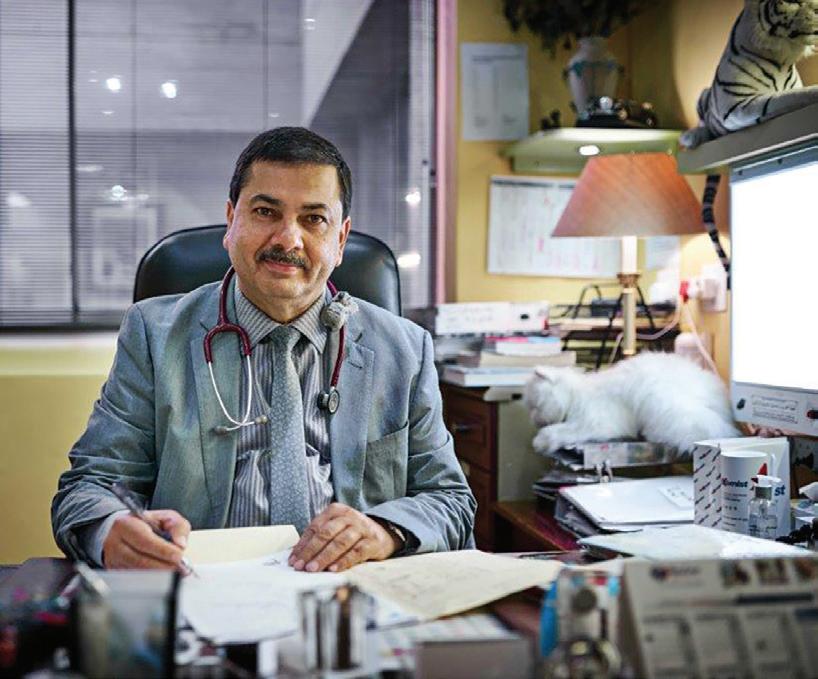
Melomed Mitchells Plain Dr O Adam 021 391 4967/8
Melomed Gatesville Dr M Ismail 021 633 0332


Melomed Richards Bay Dr S Chetty 035 791 5535

Melomed Bellville Dr D Rhode 021 945 1898
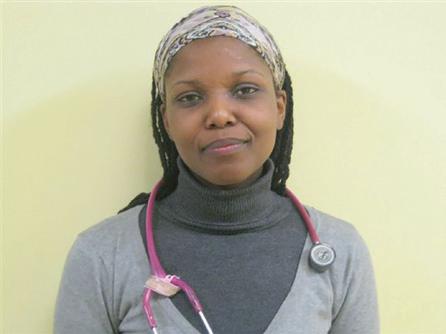

Melomed Tokai
Dr R Moore 021 110 5941
Melomed Tokai
Dr M Meyer 021 712 1643
Melomed Mitchells Plain Dr MW Mathure 021 110 5145
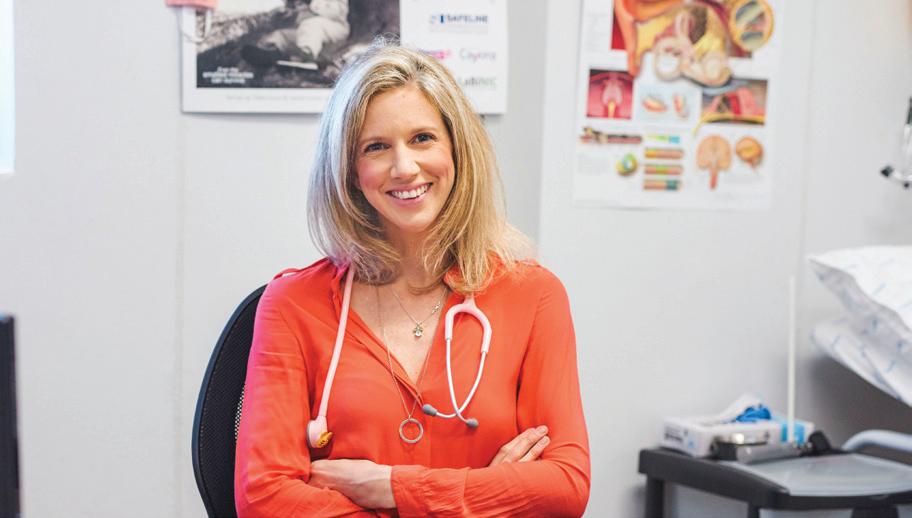

Melomed Bellville Dr M Ledger 021 946 1347




Melomed
Gatesville & Tokai
Dr. J Stulinski 021 712 5346 / 021 761 4909 021 638 3150/46

Melomed Bellville
Dr. A Behr 021 945 1502

Melomed
Gatesville & Tokai
Dr. S Ebrahim 021 637 7772 021 202 6307

Melomed Bellville
Dr. Z Doolarkhan 021 946 2191

Melomed Mitchells Plain
Dr. W Makhaye 021 110 5950

Melomed Bellville
Dr. Raphael Mlauzi 021 110 5217

Melomed Richards Bay
Dr. L Setoaba 035 791 5440
RHO Clinic at Melomed Bellville Hospital, Suite 12 on the First floor - Tel: 021 950 8960
The following services are rendered:
1.Follow up on newborn babies from the age of 2 weeks.
2.Immunisations of babies
3.Family planning
4.Asthma education
5.Responsible for doing lung functions for the pulmonologist.
6.Breastfeeding Education
Clinic Hours:
Mondays to Thursdays: 9:00 - 16:00, Fridays: 9:00 - 13:00
Open some Saturdays as per request and by appointment only.
Dr Raban at Melomed Tokai - Tel: 021 023 0604
The following services are rendered: -Vaccinations
-Breastfeeding consultation -Circumcision -Family Planning -Paediatric Consultation
Measles is a childhood infection caused by a virus, and spreads easily A person with measles can spread the virus to others for a p p r o x i m a t e l y 8 d a y s , s t a r t i n g 4 d a y s before the rash appears and ending when the rash has been present for 4 days.
Signs and symptoms
Measles signs and symptoms appear about 10 to 14 days after exposure to the virus. Signs and symptoms may include:
· Fever
· Dry cough
· Sore throat
· Runny rose
· Conjunctivitis (inflammation/infection of the eye)
· A skin rash
The infection occurs in stages over 2 to 3 weeks:
· Infection and incubation – for the first
1 0 t o 1 4 d a y s a f t e r i n f e c t i o n , t h e
m e a s l e s
T h e r e a r e n o s i g n s o r s y m p t o m s during this time.
· N o n -s p eci fi c s i g n s a n d s ym p t o m s –measles typically begins with a mild t
, conjunctivitis and a sore throat, which may last 2 to 3 days.
· Acute illness and rash – the rash is made up of small red spots, some of which are slightly raised. Over the n
over the body, and the fever will rise sharply.
· Recovery – the measles rash may last
symptoms of the illness ease off, the cough and darkening/peeling of the skin where the rash was may stay for approximately 10 days.
Consult your doctor for more information
